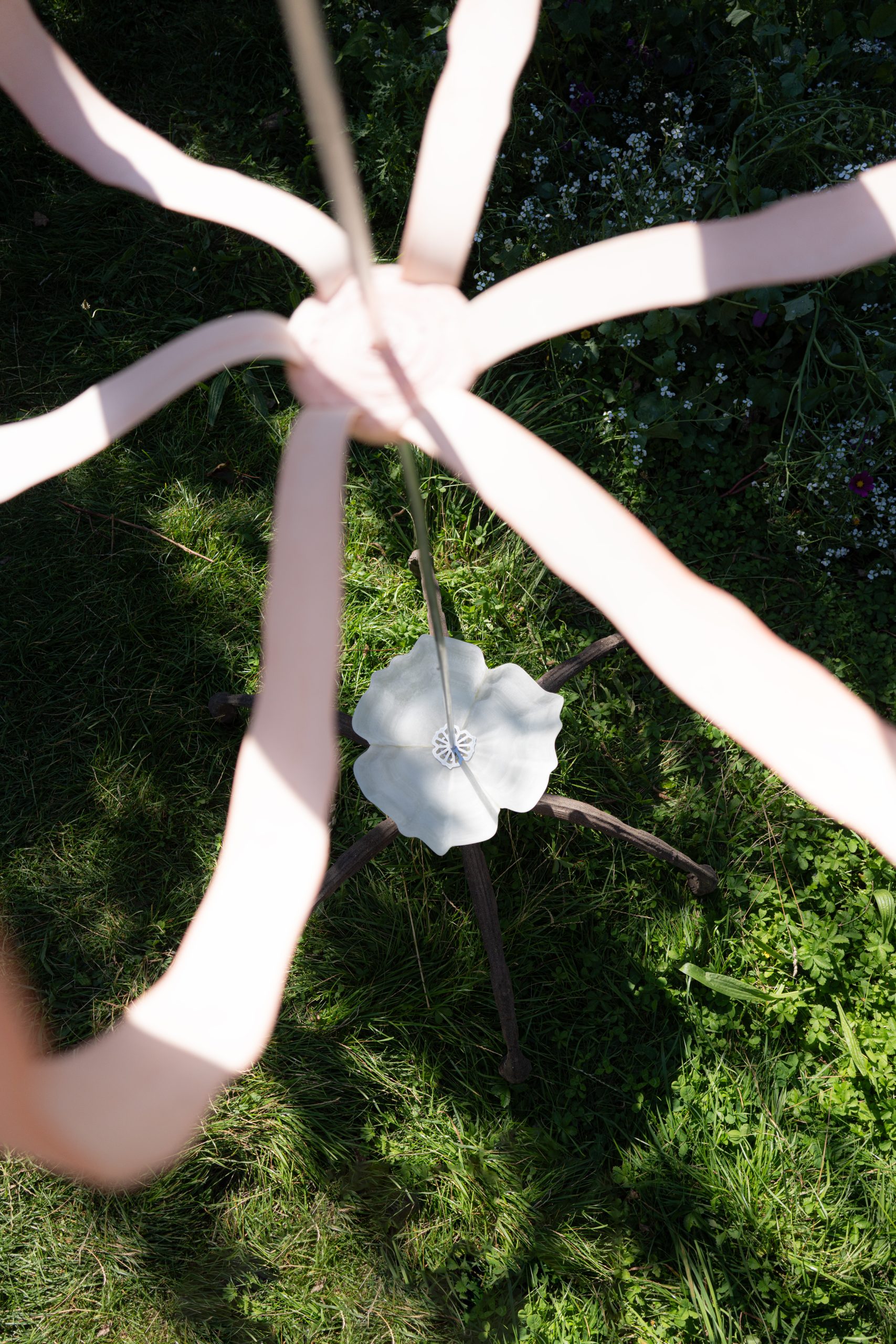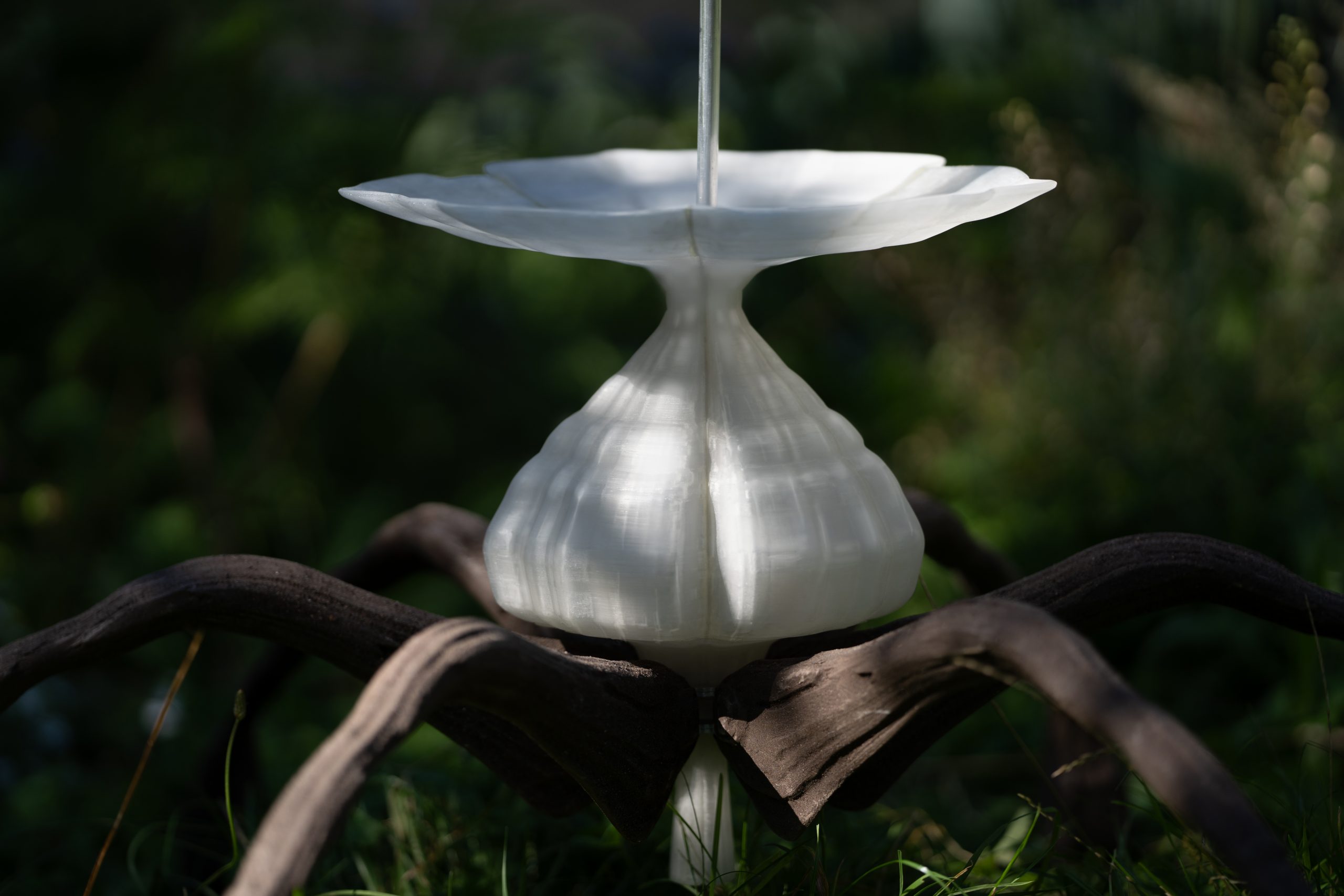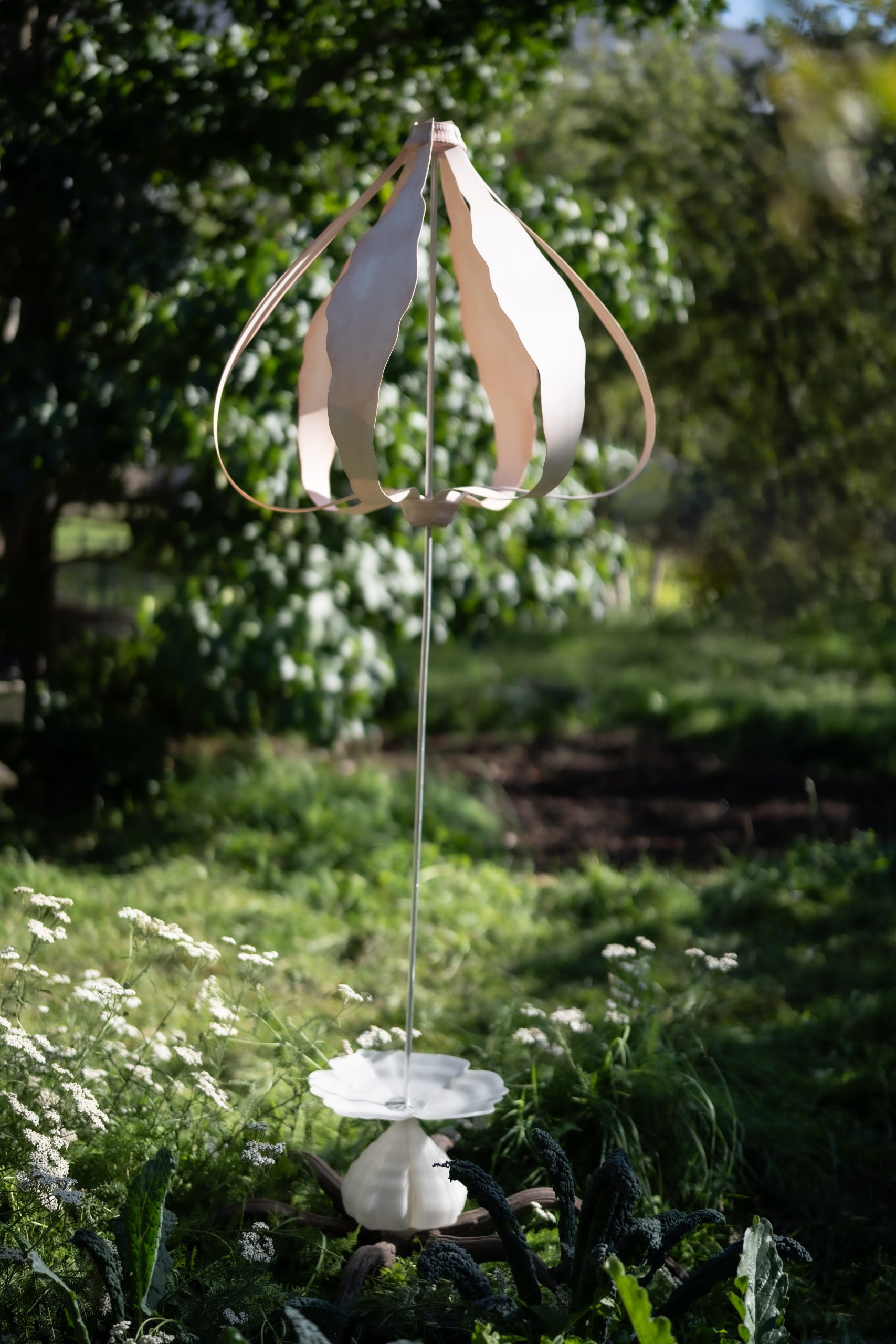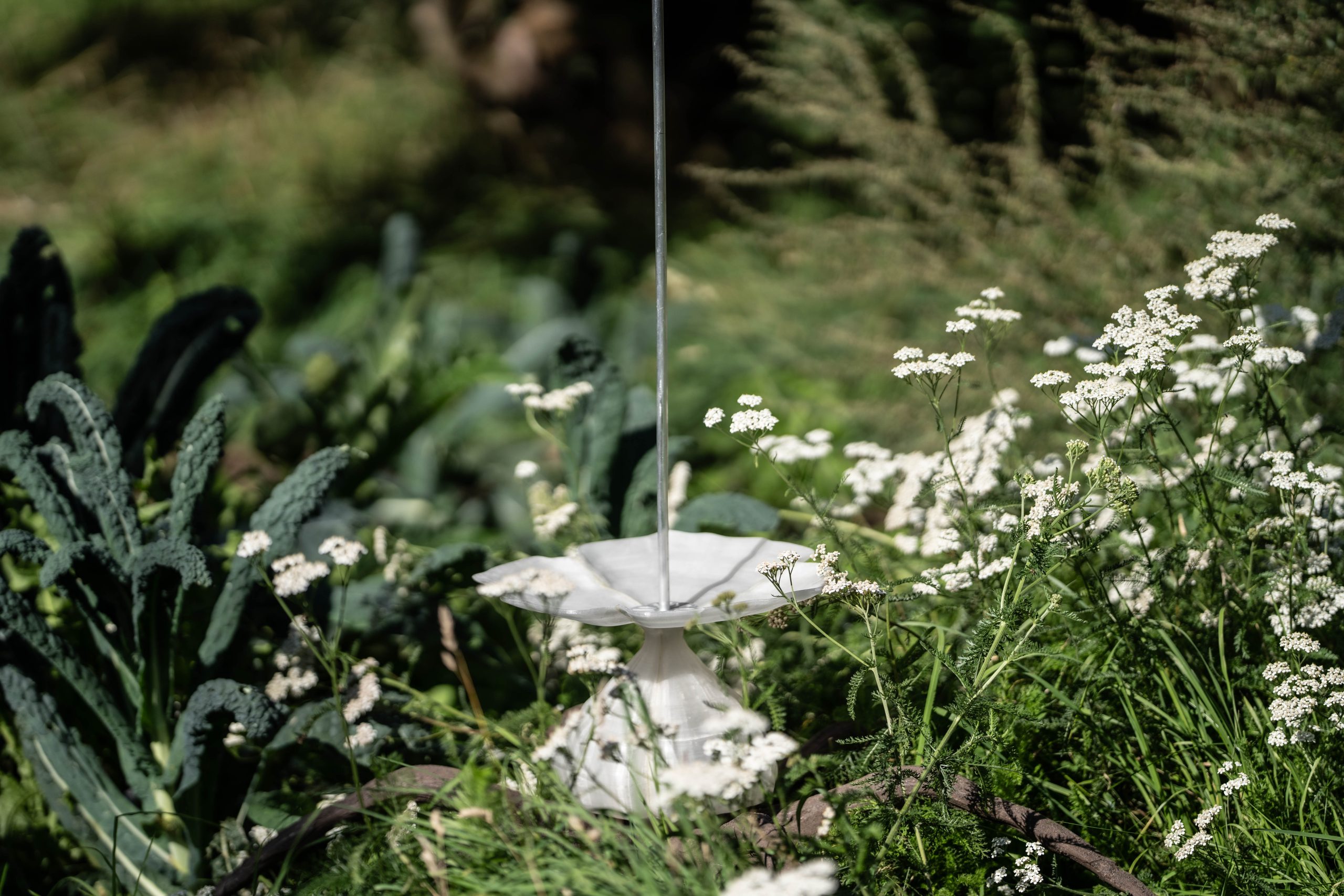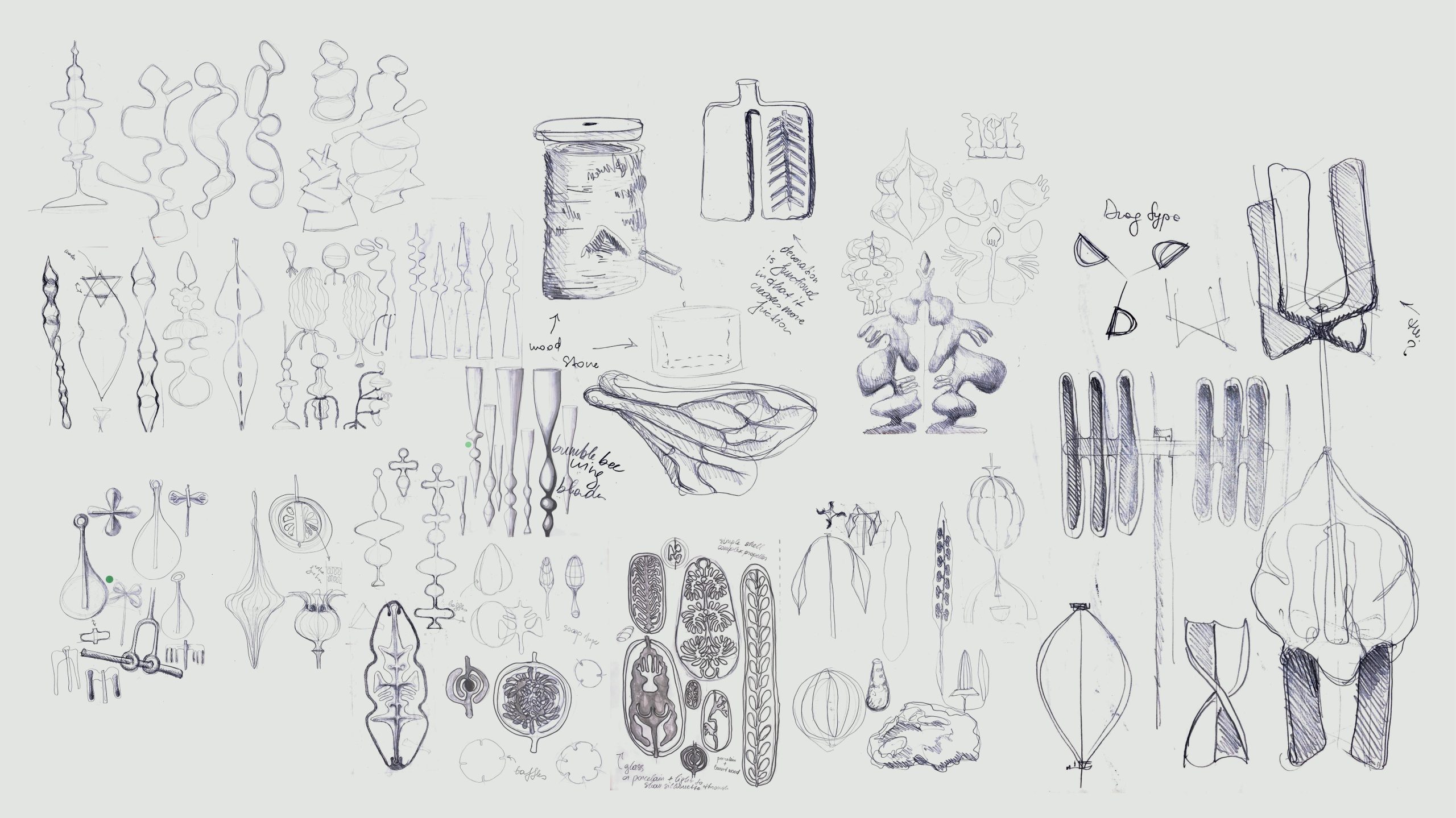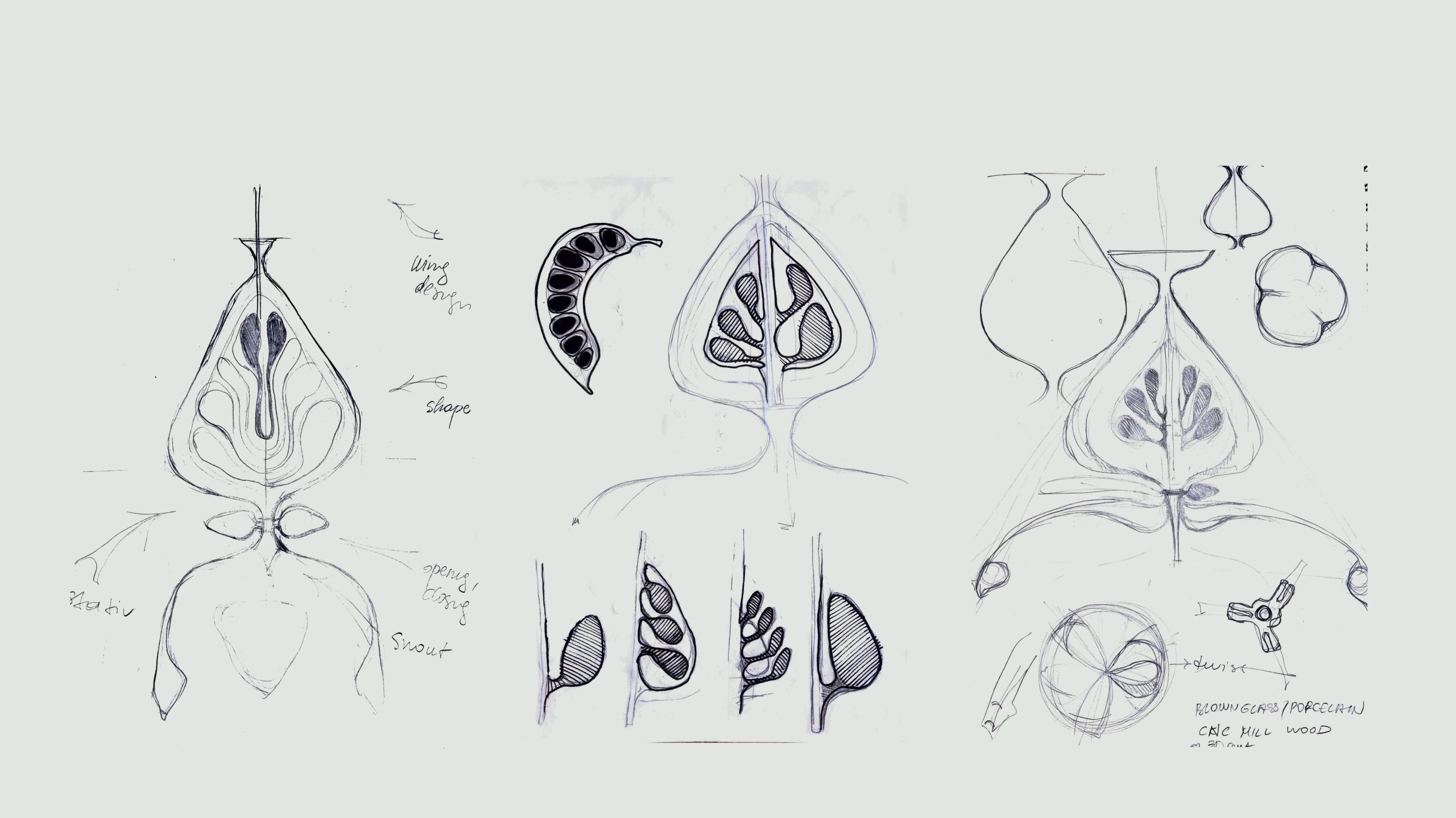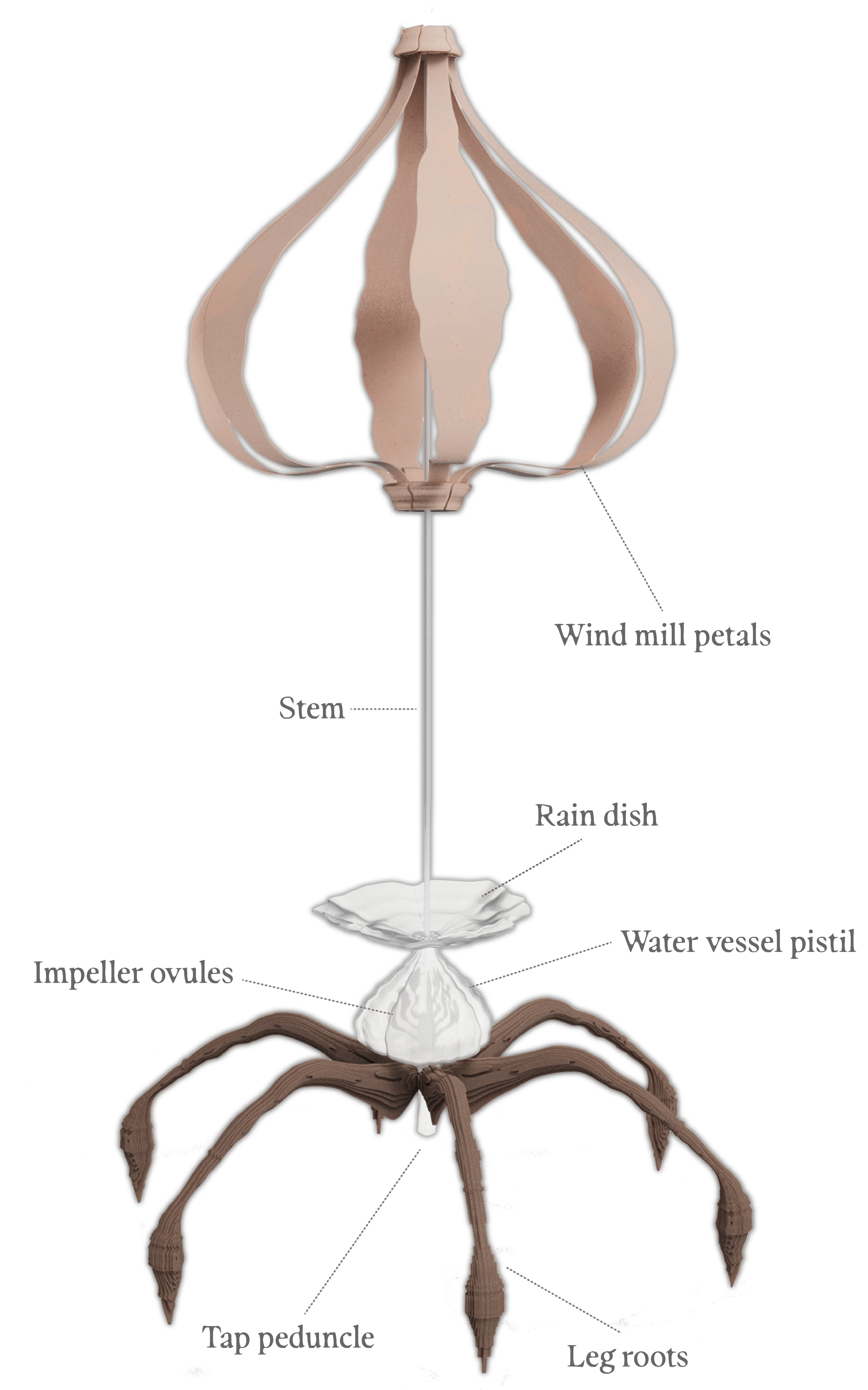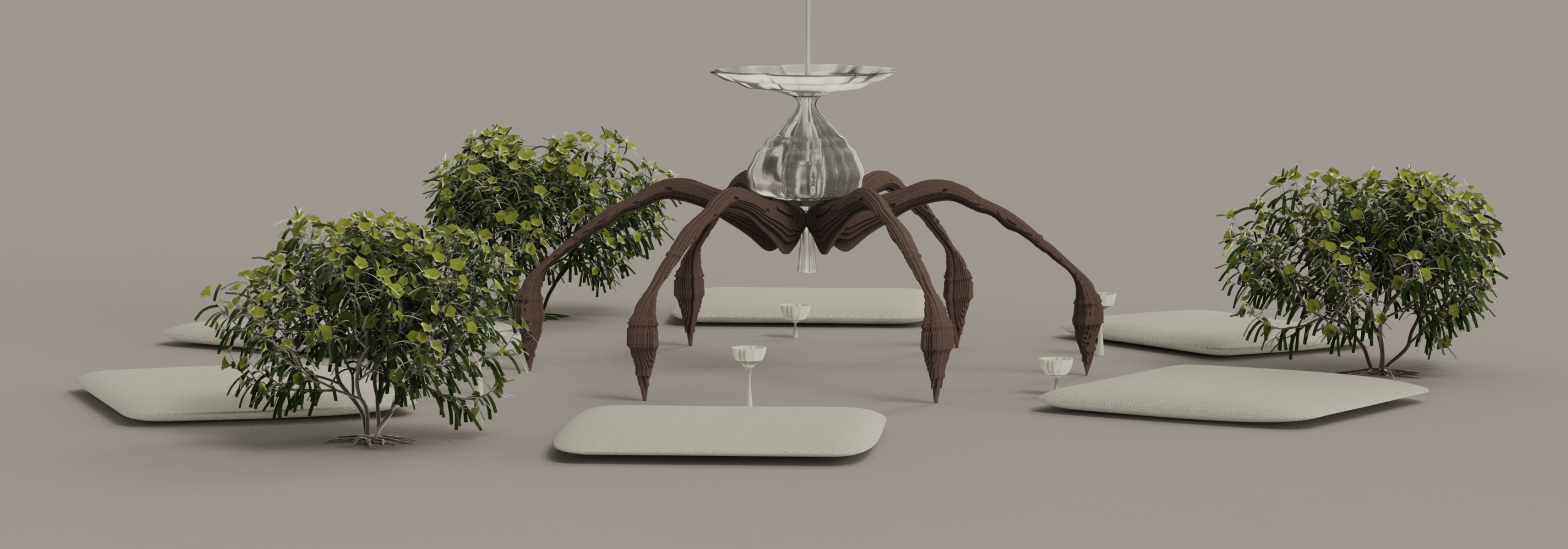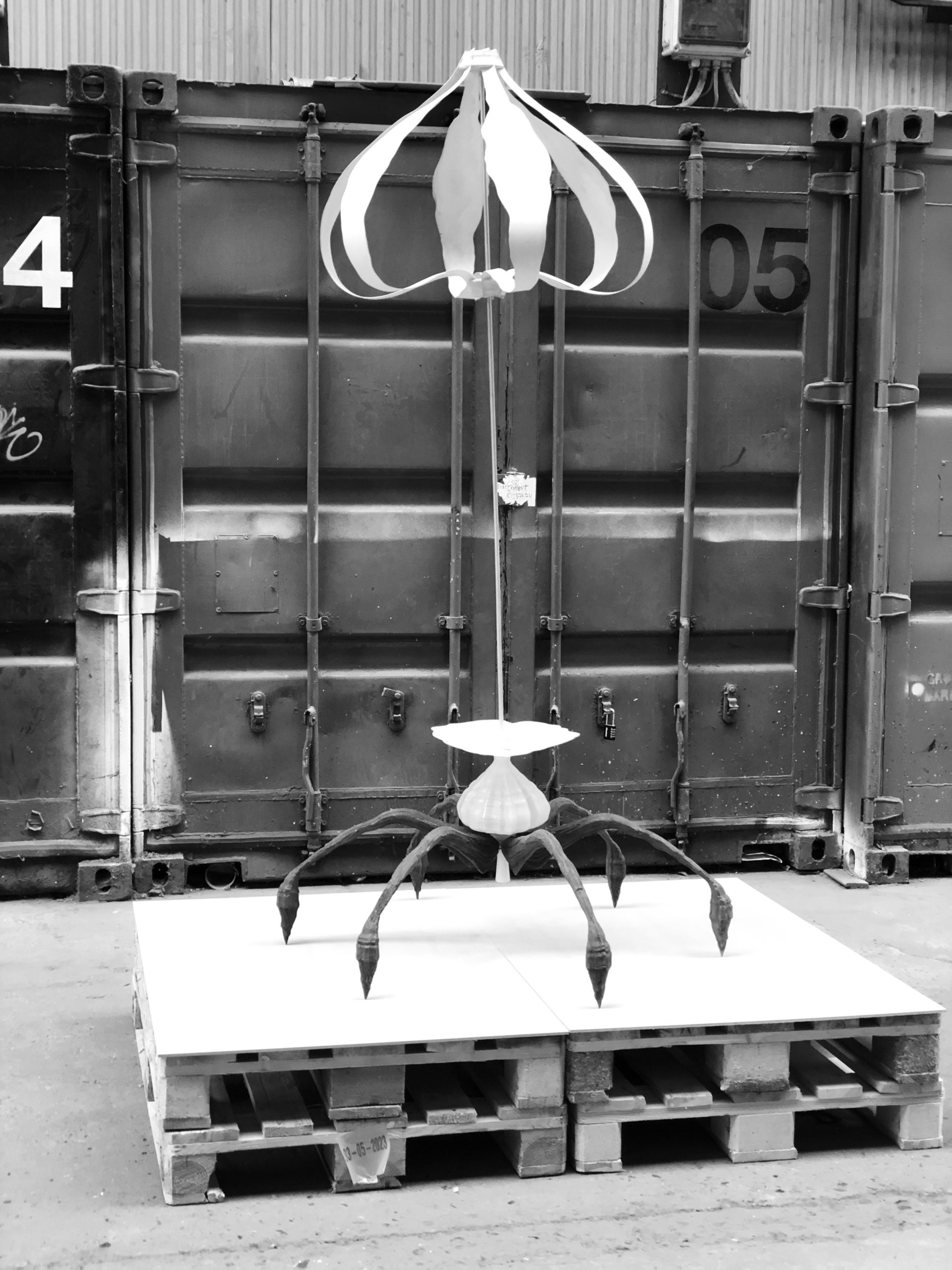Prefabricated techno-centric visions suggest the status quo is maintained at any cost through technological fixes, be it space colonialism, fusion energy, carbon capture, electrification or renewables. And while they are just visions, they hold the power to actively shape reality. For example, by encouraging the consumption of certain products or in the shape of national strategies to reduce carbon emissions. Sold on these visions we end up stuck in problem-solving mode unable to let go of the status-quo, unable to envision what a prosperous future for all living could look like.
Besides the belief in saviour technology, other justifications for the lack of meaningful action stem from doomsday visions and normalized apocalypse.
Existential warnings, well-meaning at the start, were picked up by pop-culture and morphed into a culture of doom. “Dystopias have become so obvious and banal that they are memes rather than cautionary tales, despair escapism, and excuses for inaction and further consumption.” (Bielskyte, 2021, para.15).
56% of young people now believe that “humanity is doomed” (Bond, 2021). Climate anxiety is a new phenomenon that makes the younger generation believe that a prosperous future is simply impossible.
It is crucial to question the mainstream visions of the future, as these depictions actively influence reality. Presently, the futures building capacity predominantly resides in the hands of large corporations, billionaires, governments, and the entertainment industry. However, it is essential to involve more individuals in collectively defining the images of the future as this essentially grants them collective ownership over the future.
I am investigating, what would society look like if energy was created and used in ways that do not harm the ecosystem. How would a household look like if the way of living was compatible with intermittent energy and compromises were made in order to avoid ecosystem degradation? This project provides a counterplay to the dominant narratives about the future and works as a starting point, maybe a provocation, to discuss what future do we want.
In this project, I explore the cultural and ecological aspects of (renewable) energy. I investigate how society could be if energy production and consumption took place within Planetary Boundaries and I then communicate the proposal through a fictional household object. The result serves as a starting point for discussions on shaping the desired future.
